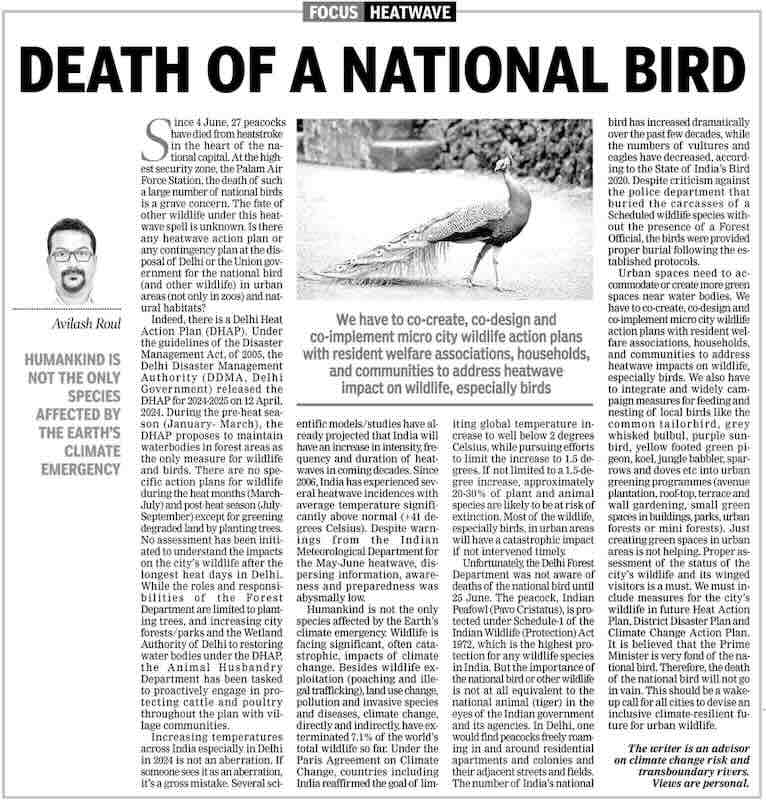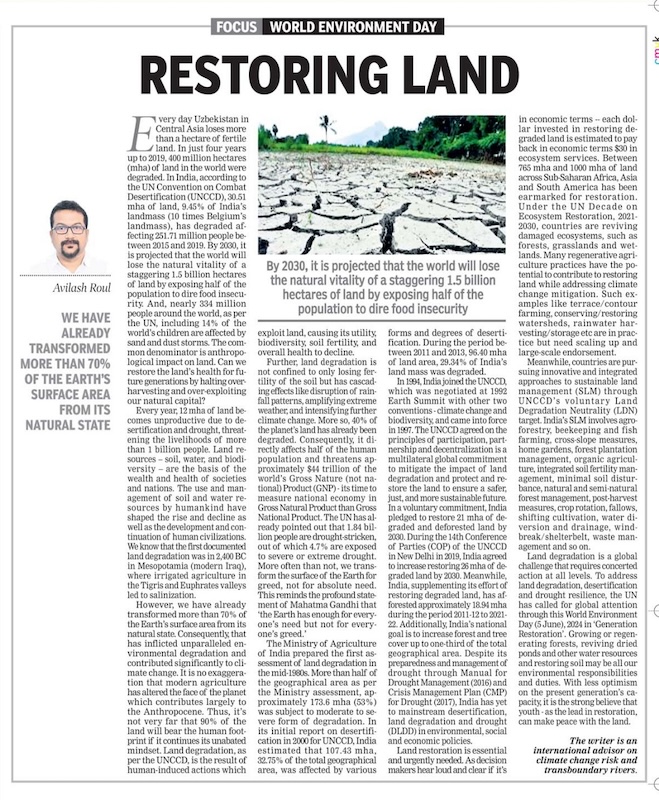Statecraft and Foreign Policy- India, 1947–2023
Review by Sonakshi Garg (July 17, 2024): The term ‘Foreign Policy’, which gained prominence in the 19th century, became essential in the 20th century, and now, in the 21st century, has become a fundamental aspect of governance and public discourse. Hans J.



